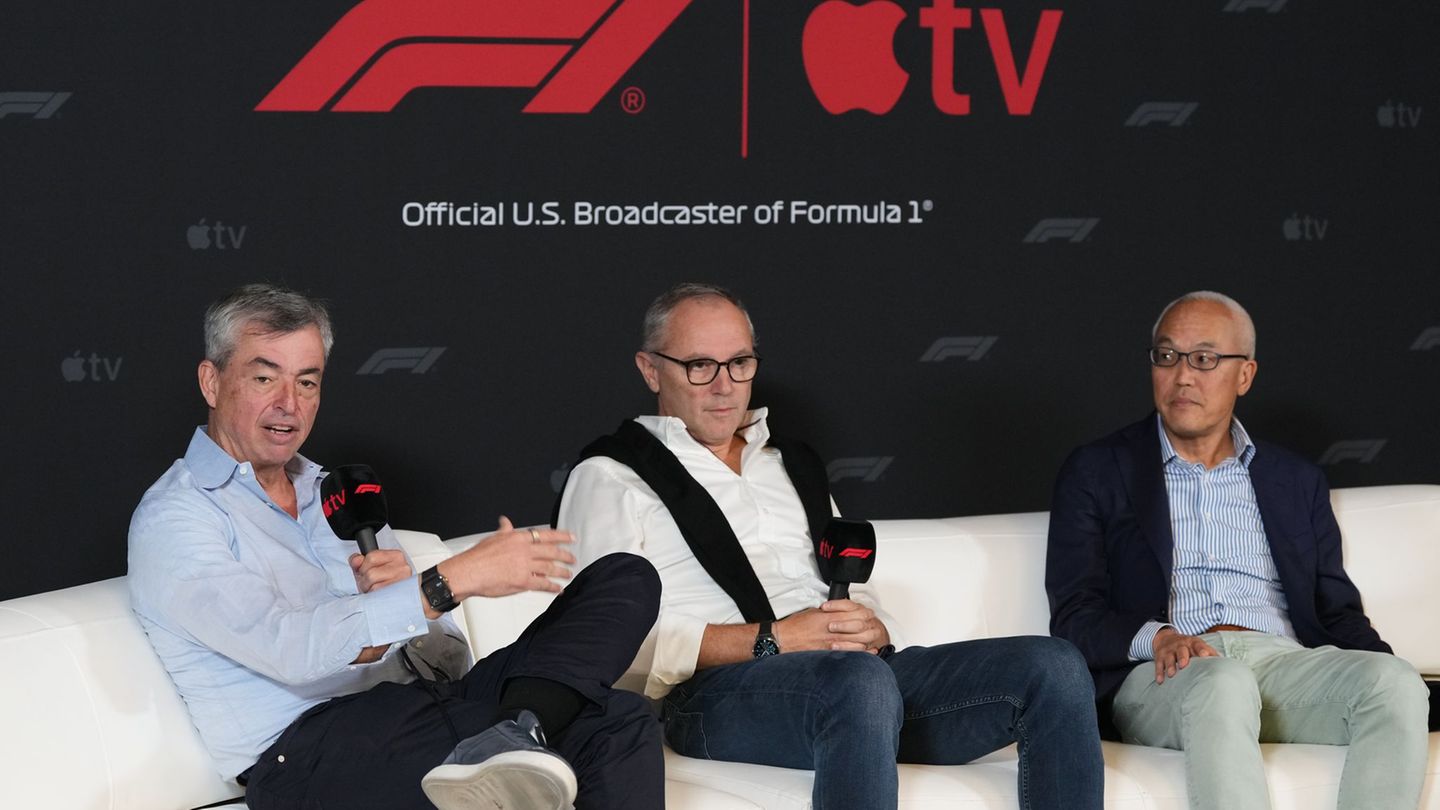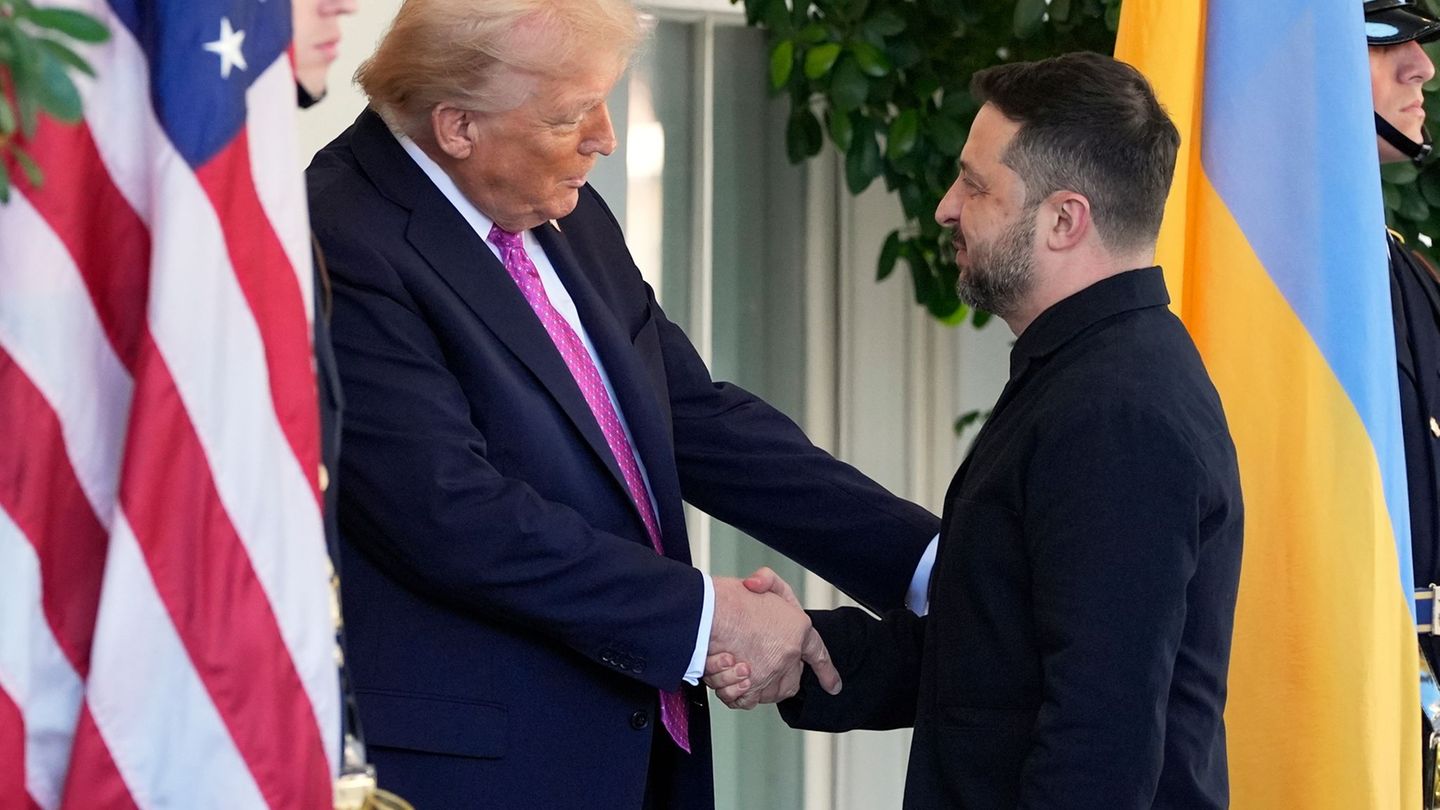I have been working in the news industry for over 6 years, first as a reporter and now as an editor. I have covered politics extensively, and my work has appeared in major newspapers and online news outlets around the world. In addition to my writing, I also contribute regularly to 24 Hours World.
Menu
Situation at a glance: Ceasefire in Gaza to enable polio vaccinations
Categories
Most Read
After meeting with Trump: Zelenskyj on Tomahawks: Trump said neither no nor yes
October 18, 2025
No Comments
Drone sightings: Survey: 79 percent in favor of shooting down illegal drones
October 18, 2025
No Comments
The situation at a glance: More suspected hostage bodies handed over to Israel
October 18, 2025
No Comments
Sentenced to prison: Trump reduces Santos’ sentence – ex-MP is released
October 18, 2025
No Comments
Different way of dealing with AfD?: Merz in firewall debate: AfD is our main opponent
October 18, 2025
No Comments
Latest Posts

Jean-Claude Van Damme: Actor celebrates 65th birthday
October 18, 2025
No Comments
Lisa HarrisI am an author and journalist who has worked in the entertainment industry for over a decade. I currently work as a news editor

Tech giant as a fan booster: Formula 1 in the frenzy of Apple: worldwide boost
October 18, 2025
No Comments
PierceI am Pierce Boyd, a driven and ambitious professional working in the news industry. I have been writing for 24 Hours Worlds for over five

The situation at a glance: The big question marks after the Zelensky-Trump meeting
October 18, 2025
No Comments
IvanI have been working in the news industry for over 6 years, first as a reporter and now as an editor. I have covered politics
24 Hours Worlds is a comprehensive source of instant world current affairs, offering up-to-the-minute coverage of breaking news and events from around the globe. With a team of experienced journalists and experts on hand 24/7.

